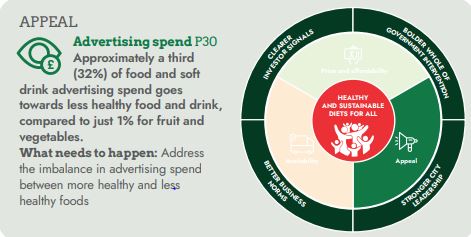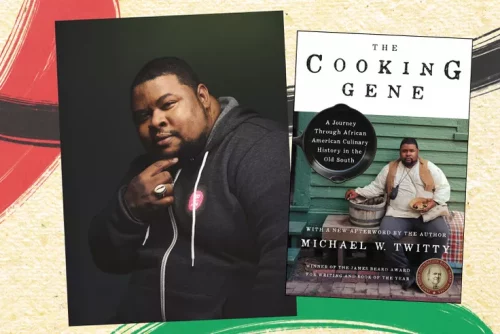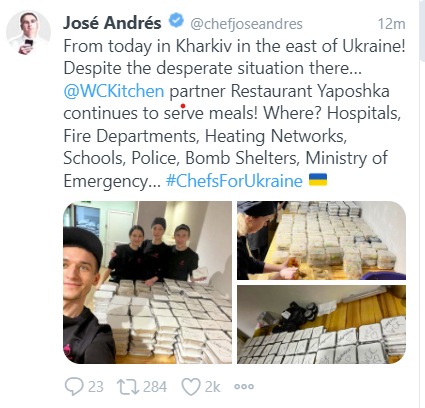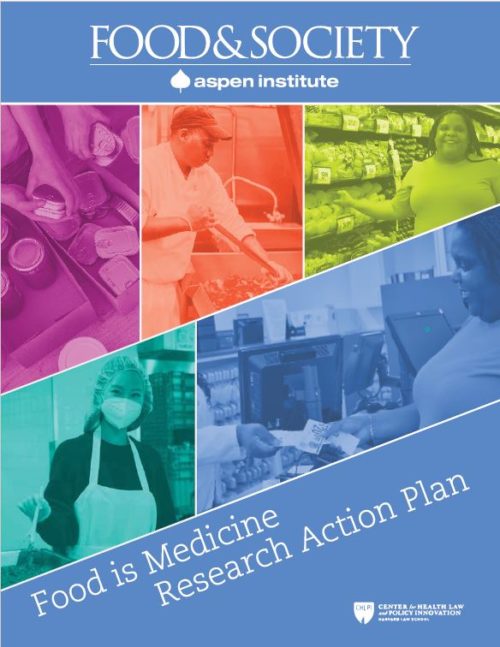The commentary: Perspective: Soy-Based Meat and Dairy Alternatives, Despite Classification as Ultra-Processed Foods, Deliver High-Quality Nutrition on Par With Unprocessed or Minimally Processed Animal-Based Counterparts. By Mark Messina, John L Sievenpiper, Patricia Williamson, Jessica Kiel, John W Erdman, Jr. Advances in Nutrition, nmac026, https://doi.org/10.1093/advances/nmac026
Purpose: “This perspective argues that none of the criticisms of UPFs [ultra-processed foods] apply to soy-based meat and dairy alternatives when compared with their animal-based counterparts, beef and cow milk, which are classified as unprocessed or minimally processed foods (group 1). Classifying soy-based meat and dairy alternatives as UPFs may hinder their public acceptance, which could detrimentally affect personal and planetary health. In conclusion, the NOVA classification system is simplistic and does not adequately evaluate the nutritional attributes of meat and dairy alternatives based on soy.
Conflicts of interest: the statement is so long that I will save it for the end.
Comment: This commentary is a critique of the NOVA classification system, which puts foods in four categories by level of processing:
- Group 1: Unprocessed/minimally processed (fruit, vegetables, nuts, grains, meat, milk with no complicated additives)
- Group 2: Processed culinary ingredients (oils, fats, butter, vinegars, sugar, and salt eaten with added to Group 1)
- Group 3: Processed (mix of groups 1 and 2, chiefly for preservation)
- Group 4: Ultra-processed (industrially produced, cannot be made in home kitchens, chemical additives)
By this time, literally hundreds of studies have linked frequent consumption of ultra-processed (“junk”) foods to weight gain and its associated chronic diseases—type 2 diabetes, heart disease, etc—as well as high risk for poor outcome from COVID-19. One carefully controlled clinical trial has shown that ultra-processed diets induce people to unwittingly take in more calories (“you can’t eat just one.”).
Artificial meats and dairy products made with plant proteins clearly meet the definition of ultra-processed. Are soy products in a different category from those made with pea protein, for example? Should plant-based meats in general be exempt from being considered ultra-processed?
I don’t think we know yet whether these products are better for health and the environment. The issues are complicated and we don’t yet have the research or experience.
These authors report conflicted ties—many such ties—to companies making soy products and other products that might be considered ultra-processed:
Author disclosures: MM is employed by the Soy Nutrition Institute Global, an organization that receives funding from the United Soybean Board and industry members who are involved in the manufacture and/or sale of soyfoods and/or soybean components. JLS has received research support from the Canadian Foundation for Innovation, Ontario Research Fund, Province of Ontario Ministry of Research and Innovation and Science, Canadian Institutes of health Research (CIHR), Diabetes Canada, PSI Foundation, Banting and Best Diabetes Centre (BBDC), American Society for Nutrition (ASN), INC International Nut and Dried Fruit Council Foundation, National Dried Fruit Trade Association, National Honey Board (the USDA honey “Checkoff” program), International Life Sciences Institute (ILSI), Pulse Canada, Quaker Oats Center of Excellence, The United Soybean Board (the USDA soy “Checkoff” program), The Tate and Lyle Nutritional Research Fund at the University of Toronto, The Glycemic Control and Cardiovascular Disease in Type 2 Diabetes Fund at the University of Toronto (a fund established by the Alberta Pulse Growers), and The Nutrition Trialists Fund at the University of Toronto (a fund established by an inaugural donation from the Calorie Control Council). He has received food donations to support randomized controlled trials from the Almond Board of California, California Walnut Commission, Peanut Institute, Barilla, Unilever/Upfield, Unico/Primo, Loblaw Companies, Quaker, Kellogg Canada, WhiteWave Foods/Danone, Nutrartis, and Dairy Farmers of Canada. He has received travel support, speaker fees, and/or honoraria from Diabetes Canada, Dairy Farmers of Canada, FoodMinds LLC, International Sweeteners Association, Nestlé, Pulse Canada, Canadian Society for Endocrinology and Metabolism (CSEM), GI Foundation, Abbott, General Mills, Biofortis, ASN, Northern Ontario School of Medicine, INC Nutrition Research and Education Foundation, European Food Safety Authority (EFSA), Comité Européen des Fabricants de Sucre (CEFS), Nutrition Communications, International Food Information Council (IFIC), Calorie Control Council, International Glutamate Technical Committee, and Physicians Committee for Responsible Medicine. He has or has had ad hoc consulting arrangements with Perkins Coie LLP, Tate & Lyle, Wirtschaftliche Vereinigung Zucker eV, Danone, and Inquis Clinical Research. He is a member of the European Fruit Juice Association Scientific Expert Panel and former member of the Soy Nutrition Institute (SNI) Scientific Advisory Committee. He is on the Clinical Practice Guidelines Expert Committees of Diabetes Canada, European Association for the study of Diabetes (EASD), Canadian Cardiovascular Society (CCS), and Obesity Canada/Canadian Association of Bariatric Physicians and Surgeons. He serves or has served as an unpaid scientific advisor for the Food, Nutrition, and Safety Program (FNSP) and the Technical Committee on Carbohydrates of ILSI North America. He is a member of the International Carbohydrate Quality Consortium (ICQC), Executive Board Member of the Diabetes and Nutrition Study Group (DNSG) of the EASD, and Director of the Toronto 3D Knowledge Synthesis and Clinical Trials foundation. His wife is an employee of AB InBev. PW is employed by Cargill, Inc, a global food company headquartered in Wayzata, MN. Cargill produces soy-based food and industrial products. JK is employed by Medifast Inc., a nutrition and weight-management company based in Baltimore, Maryland, that uses soy protein in many of its products. JWE is a scientific advisory to the Soy Nutrition Institute Global.







